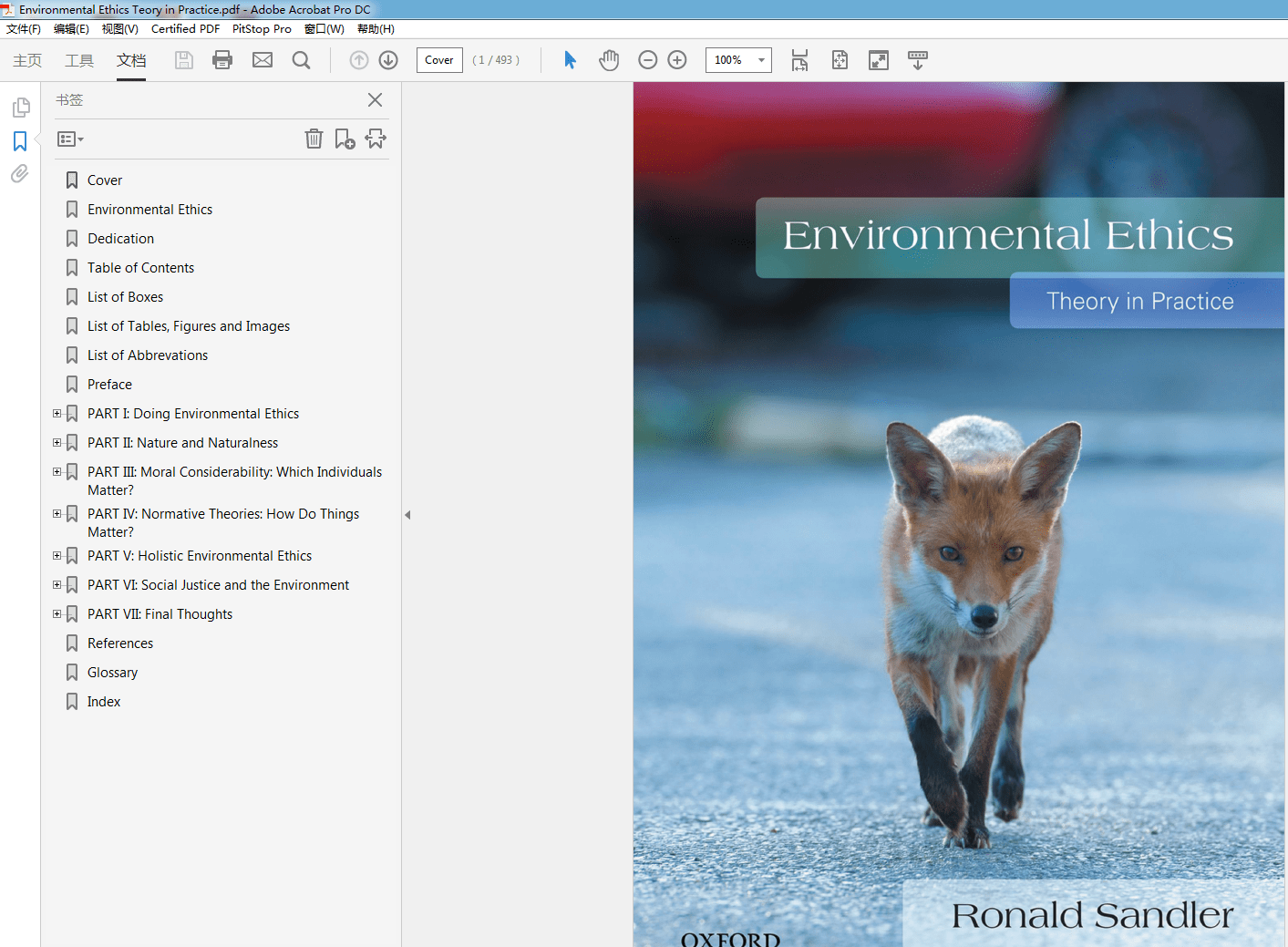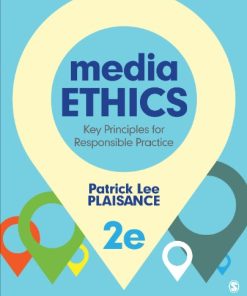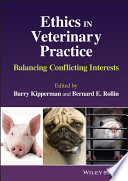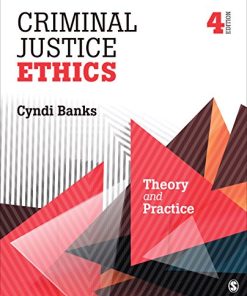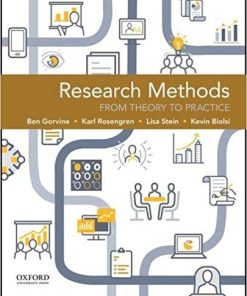(eTextbook PDF) for Environmental Ethics: Theory in Practice by Ronald Sandler
$50.00 Original price was: $50.00.$25.00Current price is: $25.00.
(eTextbook PDF) for Environmental Ethics: Theory in Practice by Ronald Sandler – Digital Instant Dowload.
(eTextbook PDF) for Environmental Ethics: Theory in Practice by Ronald Sandler – Digital Instant Dowload.
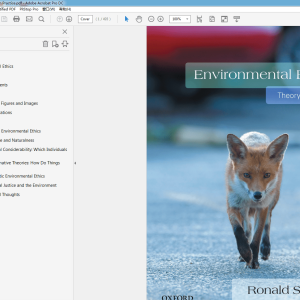
Product details:
- ISBN-10 : 0199340722
- ISBN-13 : 978-0199340729
- Author: Ronald Sandler (Author)
An accessible yet rigorous introduction to the field, Environmental Ethics: Theory in Practice helps students develop the analytical skills to effectively identify and evaluate the social and ethical dimensions of environmental issues. Covering a wide variety of theories and critical perspectives, author Ronald Sandler considers their strengths and weaknesses, emphasizes their practical importance, and grounds the discussions in a multitude of both classic and contemporary cases and examples.
Table contents:
PART I. DOING ENVIRONMENTAL ETHICS
Chapter 1. What Is Environmental Ethics?
1.1 What Are Environmental Issues?
1.2 Why Environmental Ethics?
1.3 Three Bases for Environmental Ethics
1.4 The Radicalness of Environmental Ethics
1.5 Summary, Key Terms, Questions, and Further Reading
Chapter 2. Methods of Environmental Ethics
2.1 Description, Explanation, Predication, and Prescription
2.2 Environmental Ethics and Environmental Science
2.3 Justification in Ethics: The Philosophical Method and Evaluating Arguments
2.4 Skepticism about Ethics
2.5 God and Ethics
2.6 Summary, Key Terms, Questions, and Further Reading
PART II. NATURE AND NATURALNESS
Chapter Three. The Normativity of Nature
3.1 What Is Nature?
3.2 Is Nature Normative?
3.2.1 Is it Wrong to Interfere with Nature?
3.2.2 Should We Follow Nature?
3.2.3 Is a Behavior Wrong if It Is Unnatural?
3.3 Evolution and Prescription
3.4 Summary, Key Terms, Questions, and Further Reading
Chapter Four. Natural Value
4.1 Instrumental Value
4.2 Final Value (or Intrinsic Value)
4.3 Economic Valuation and Environmental Values
4.4 Is Naturalness Valuable?
4.5 Summary, Key Terms, Questions, and Further Reading
PART 3. MORAL CONSIDERABILITY: WHICH INDIVIDUALS MATTER?
Chapter Five. Anthropocentrism, Ratiocentrism, and Indirect Duties
5.1 Moral Status Terminology
5.2 Arguments for Anthropocentrism
5.3 Ratiocentrism
5.4 Actual Preference Anthropocentrism
5.5 Technological Optimism
5.6 Indirect Duties Views
5.7 Summary, Key Terms, Questions, and Further Reading
Chapter Six. Enlightened Anthropocentrism: Efficiency, Sustainability, and Future Generations
6.1 The Elements of Unwise Resource Use
6.1.1 Inefficient Use
6.1.2 Underutilization
6.1.3 Short-Term Use
6.1.4 Exclusive Use
6.1.5 Narrow Use
6.2 Ideal Preference Anthropocentrism
6.3 The Problem of Future Generations
6.4 Summary, Key Terms, Questions, and Further Reading
Chapter Seven. Nonanthropocentric Individualism: The Moral Considerability of Plants and Animals
7.1 Arguments for Sentientism
7.2 Responses to the Arguments for Sentientism
7.3 Do Plants Have Interests?
7.4 Should We Care about the Interests of Plants?
7.5 Pluralism
7.6 Summary, Key Terms, Questions, and Further Reading
PART IV. NORMATIVE THEORIES: HOW DO THINGS MATTER?
Chapter Eight. Consequentialist Environmental Ethics: Animal Welfare and Utilitarianism
8.1 Distinguishing Normative Theories
8.2 Utilitarianism
8.3 Identifying and Weighing Interests
8.4 Secondary Principles and Indirect Consequentialism
8.5 Concerns about Utilitarian Environmental Ethics
8.6 Summary, Key Terms, Questions, and Further Reading
Chapter Nine. Deontological Environmental Ethics: Respect for Nature, Animal Rights, and Environmental Rights
9.1 The Motivations for Deontology
9.2 Respect for Nature
9.3 Animal Rights
9.4 Human Rights and the Environment
9.5 Concerns about Deontological Environmental Ethics
9.6 Summary, Key Terms, Questions, and Further Reading
Chapter Ten. Character Ethics: Virtue, Vice, and the Environment
10.1 What Are Environmental Virtues and Vices?
10.2 Character and Environmental Ethics
10.3 Environmental Virtue Ethics
10.4 Concerns Regarding Environmental Virtue Ethics
10.5 Evaluating Ethical Theories
10.6 Summary, Key Terms, Questions, and Further Reading
PART V. HOLISTIC ENVIRONMENTAL ETHICS
Chapter Eleven. Ecocentrism
11.1 The Argument for the Land Ethic
11.2 Implications of the Land Ethic
11.3 Moral Development and Outdoor Recreation
11.4 Concerns Regarding Ecocentrism
11.4.1 Problematic Implications: Ecofascism and Misanthropy
11.4.2 Conceptual Clarity: Defining Ecosystems and Ecological Integrity
11.4.3 Misapplication of Moral Concepts
11.5 Summary, Key Terms, Questions, and Further Reading
Chapter Twelve. Deep Ecology
12.1 Principles of Deep Ecology
12.2 Metaphysical Holism and Self-Realization
12.3 The “Deep” in Deep Ecology
12.4 Concerns Regarding Deep Ecology
12.5 Spiritual Experience and Environmental Ethics
12.6 Summary, Key Terms, Questions, and Further Reading
Chapter Thirteen. Species and Biodiversity
13.1 What Are Species and Biodiversity?
13.2 The Instrumental Value of Species and Biodiversity
13.3 The Final Value of Species
13.3.1 The Natural Historical Value of Species
13.3.2 Do Species Have Inherent Worth?
13.4 Is There a Duty to Preserve Species?
13.5 Climate Change and the Conservation Dilemma
13.6 Novel Species Conservation Strategies
13.7 Intervention or Restraint?
13.8 Summary, Key Terms, Questions, and Further Reading
PART VI. SOCIAL JUSTICE AND THE ENVIRONMENT
Chapter Fourteen. Ecofeminism and Environmental Pragmatism
14.1 Ecofeminism: Background and Context
14.2 The Logic of Domination and the Ethics of Care
14.3 The Importance of Diverse Perspectives
14.4 The Motivation for Pragmatism
14.5 Themes of Environmental Pragmatism
14.6 Practical Efficacy in Environmental Ethics
14.7 Summary, Key Terms, Questions, and Further Reading
Chapter Fifteen. Environmental Justice
15.1 Unequal Exposure and Environmental Injustice
15.2 Environmental Justice and Cost-Benefit Analysis
15.3 Addressing Environmental Injustice
15.4 The Ethical Dimensions of Consumption
15.5 Summary, Key Terms, Questions, and Further Reading
Chapter Sixteen. Global Justice: Population, Poverty, and the Environment
16.1 The Extent and Sources of Malnutrition
16.2 The Lifeboat Ethic
16.3 Feeding People and Saving Nature
16.4 An Obligation to Assist?
16.5 How Much to Assist?
16.6 Summary, Key Terms, Questions, and Further Reading
PART VII. FINAL THOUGHTS
Chapter Seventeen. The Anthropocene and Environmental Ethics
17.1 Are We in the Anthropocene?
17.2 Why This Definition and This Name?
17.3 Environmental Ethics with or without the “Anthropocene”
17.4 Conclusion, Key Terms, Questions, and Further Reading
You may also like…
Uncategorized
Politics & Philosophy - Anthropology


